 Romancing the Werewolf
Romancing the Werewolf Romancing the Inventor
Romancing the Inventor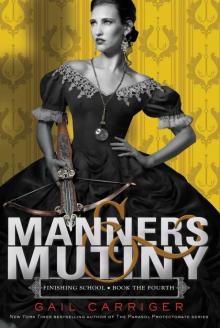 Manners & Mutiny
Manners & Mutiny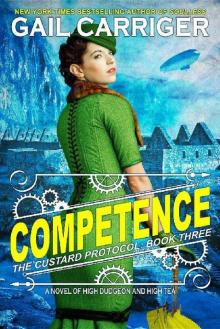 Competence
Competence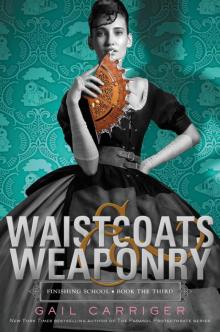 Waistcoats & Weaponry
Waistcoats & Weaponry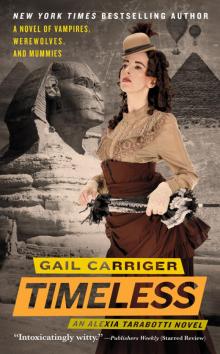 Changeless
Changeless Blameless
Blameless Soulless
Soulless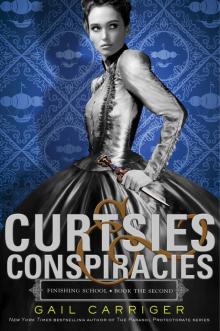 Curtsies & Conspiracies
Curtsies & Conspiracies The Parasol Protectorate Boxed Set
The Parasol Protectorate Boxed Set D2D_Poison or Protect
D2D_Poison or Protect Funny Fantasy
Funny Fantasy Defy or Defend
Defy or Defend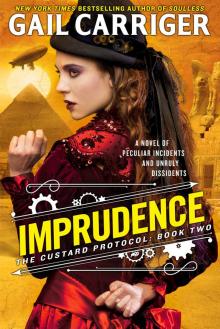 Imprudence
Imprudence Reticence
Reticence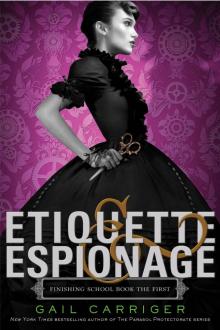 Etiquette & Espionage
Etiquette & Espionage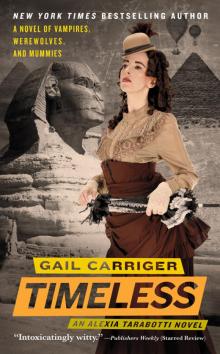 Heartless
Heartless Prudence
Prudence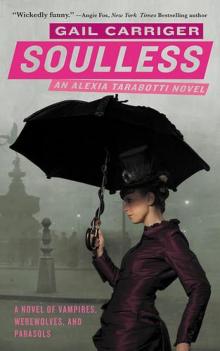 Parasol Protectorate 01 - Soulless
Parasol Protectorate 01 - Soulless Fairy Debt
Fairy Debt My Sister's Song
My Sister's Song Changeless: The Parasol Protectorate: Book the Second
Changeless: The Parasol Protectorate: Book the Second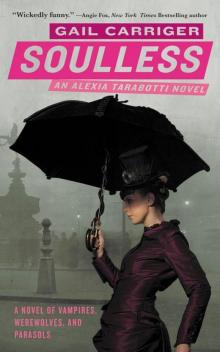 Soulless: The Parasol Protectorate: Book the First
Soulless: The Parasol Protectorate: Book the First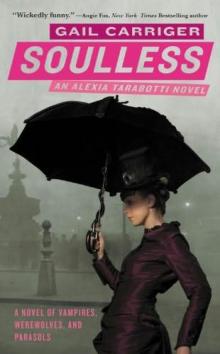 Soulless pp-1
Soulless pp-1 Changeless pp-2
Changeless pp-2 Heartless: The Parasol Protectorate: Book the Fourth
Heartless: The Parasol Protectorate: Book the Fourth Meat Cute
Meat Cute Etiquette & Espionage (Finishing School)
Etiquette & Espionage (Finishing School)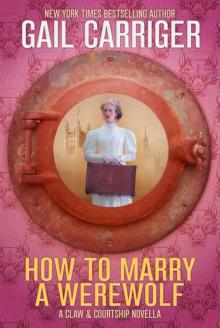 How To Marry A Werewolf (Claw & Courtship Novella Book 1)
How To Marry A Werewolf (Claw & Courtship Novella Book 1) Blameless: The Parasol Protectorate: Book the Third
Blameless: The Parasol Protectorate: Book the Third Heartless pp-4
Heartless pp-4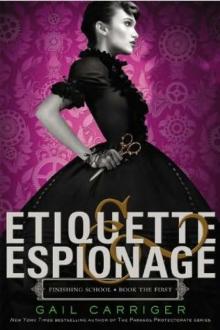 Etiquette & Espionage fs-1
Etiquette & Espionage fs-1 Romancing the Inventor: A Supernatural Society Novella
Romancing the Inventor: A Supernatural Society Novella Curtsies & Conspiracies fs-2
Curtsies & Conspiracies fs-2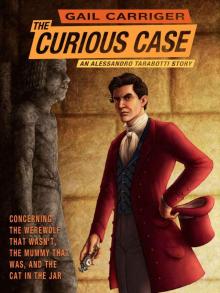 The Curious Case of the Werewolf That Wasn't, the Mummy That Was, and the Cat in the Jar (The Parasol Protectorate Book 6)
The Curious Case of the Werewolf That Wasn't, the Mummy That Was, and the Cat in the Jar (The Parasol Protectorate Book 6) Blameless pp-3
Blameless pp-3